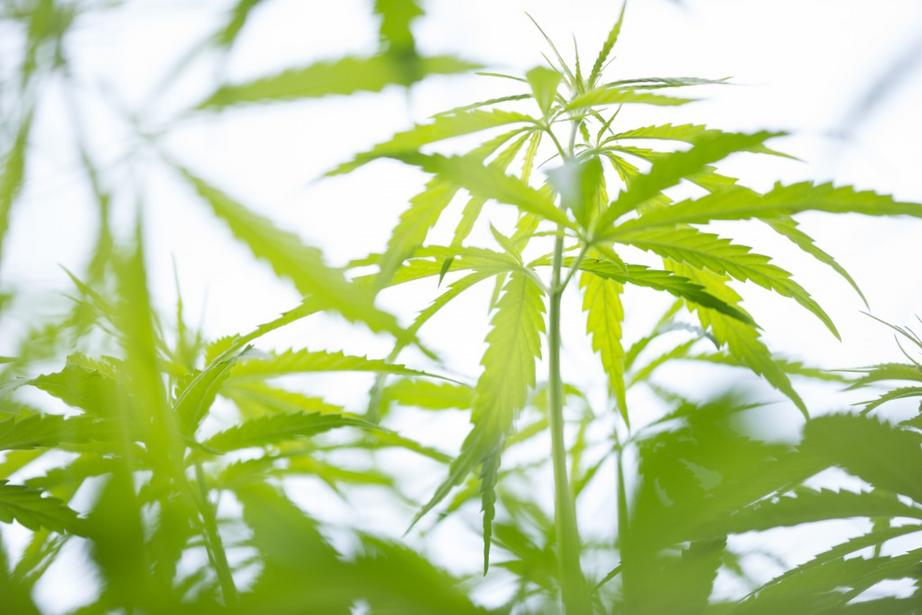The end of cannabis small business
How the pharmaceutical industry is preparing to take over cannabis
In case you weren’t already aware, Schedule I is defined as drugs which have no currently accepted medical use and a high potential for abuse. Cannabis is a Schedule I drug, putting it the same class as heroin, LSD, meth and peyote. For perspective some examples of Schedule IV drugs (ones with low potential for abuse and dependency) are: Xanax, Soma, Darvocet, Valium, Ativan and Ambien, yet we know these drugs are being highly abused in America today.

As a healthcare provider who uses and understands cannabis, Schedule I is a ridiculous proposition, as cannabis has a far lower risk of dependency or abuse than many Schedule IV drugs. This is just one of the fallacies that the US Government continues to claim about cannabis as it prepares for the pharmaceutical takeover of the industry. Anything but a complete descheduling of cannabis will destroy an industry so many of us have helped to build and pioneer, not only enduring the pitfalls typical of all business startups but also risking federal prosecution, a burdensome regulatory structure and legislative obstacles.
First, let’s understand that as a Schedule I drug, cannabis has only been studied in the US by companies allowed access to cannabis grown, processed and distributed by the Federal Government. Yes you heard that correctly, the Federal Government has its own pot farm which is on the campus of Ole Miss. The only company which has been allowed unlimited access to the crop is GW Pharmaceutical. Conducting clinical research using cannabis requires interaction and approval of several federal agencies; the Drug Enforcement Administration (DEA) provides authorization; obtaining access to the product for research comes from the National Institute on Drug Abuse (NIDA) who oversees the cultivation on the campus of University of Mississippi, all cannabis transfers and research is overseen by National Institutes of Health (NIH), with review and oversight by the FDA. This structure creates a monopoly and GW Pharmaceutical is holding all of the cards.
Epidiolex is GW’s lead cannabinoid product, and is in Stage 3 FDA Trials as a therapy for severe, treatment-resistant epilepsy syndromes including Dravet, Lennox-Gastaut (LGS) and others. Epidiolex is a proprietary oral solution of pure plant-derived cannabidiol (CBD), being studied to obtain safety and efficacy data necessary to be considered for approval as a prescription medicine. The FDA has granted special permissions called individual patient emergency INDs to physicians and state programs to treat groups of patients suffering from intractable epilepsy using Epidiolex.
Early results from patients receiving Epidiolex under these INDs has shown promising results of clinical effect in reducing seizures suggesting cannabis’ assignment as a Schedule I drug to be erroneous. However, if cannabis was rescheduled as a Schedule II, cannabis therapy would only be allowed when supervised by a physician. This step would make cannabis therapy a Medicare or other third party insurer reimbursable treatment, a critical piece to the success of drug sales. Making cannabis a Schedule II drug would be a monumental shift in policy as it relates to the current industry and only a handful of cannabis companies could afford FDA trials. However, the pharmaceutical industry that wrote the book on FDA trials has the man power, medical expertise and the capital for these trials.
Let’s now take a look at how some states are implementing their medical cannabis programs which create significant barriers to entry for cannabis small businesses and set the stage for the pharmaceutical industry to take control of cannabis.
The legislation in states like Ohio, Maryland and Pennsylvania were written to give the Pharmaceutical industry a competitive advantage to entering a market place which has been previously impenetrable due to the federally illegality of cannabis. This was not done by chance or an overly conservative approach to implementing cannabis therapeutics, as there is a significant body of evidence that demonstrates the safe use and efficacy of cannabis. The legislative hurdles and regulatory constraints were created with a nefarious intent to obstruct cannabis small businesses that could neither afford the cost of FDA trials nor have the medical expertise to overcome the bar set by these state governments. For example, Pennsylvania, which is offering only 25 Grower/Processor permits statewide, requires that each applicant have a minimum of $2.5M in the bank and can demonstrate the capability to grow, process and manufacture FDA acceptable medical consumer ready end products (i.e. inhalers, pills, capsules, nebulizer solutions, etc.). These types of regulations, while insurmountable for almost any cannabis small business, are easily handled by pharmaceutical companies.
When you understand the DEA schedule, that schedules governing of who can or can’t work with a substance, and then understand the government’s close connection to GW Pharmaceutical, it’s very easy to connect the dots.
Step 1: GW Pharmaceutical conducts US Government condoned cannabis research under Schedule I assignment.
Step 2: GW Pharmaceutical brings Epidiolex to market and supports legislation and legal efforts to reschedule cannabis, which allows only FDA certified cannabis products into the market and also allows for insurance companies to pay for cannabis therapy.
Step 3: Pharmaceutical companies buy up all cannabis small businesses which own any sizable market share, all other cannabis businesses fail due to the cost and complexity of FDA trials and lack of executive level medical expertise.
Be careful what you wish for…anything but a complete descheduling of cannabis will give the cannabis industry over to the alcohol, tobacco and pharmaceutical companies.

